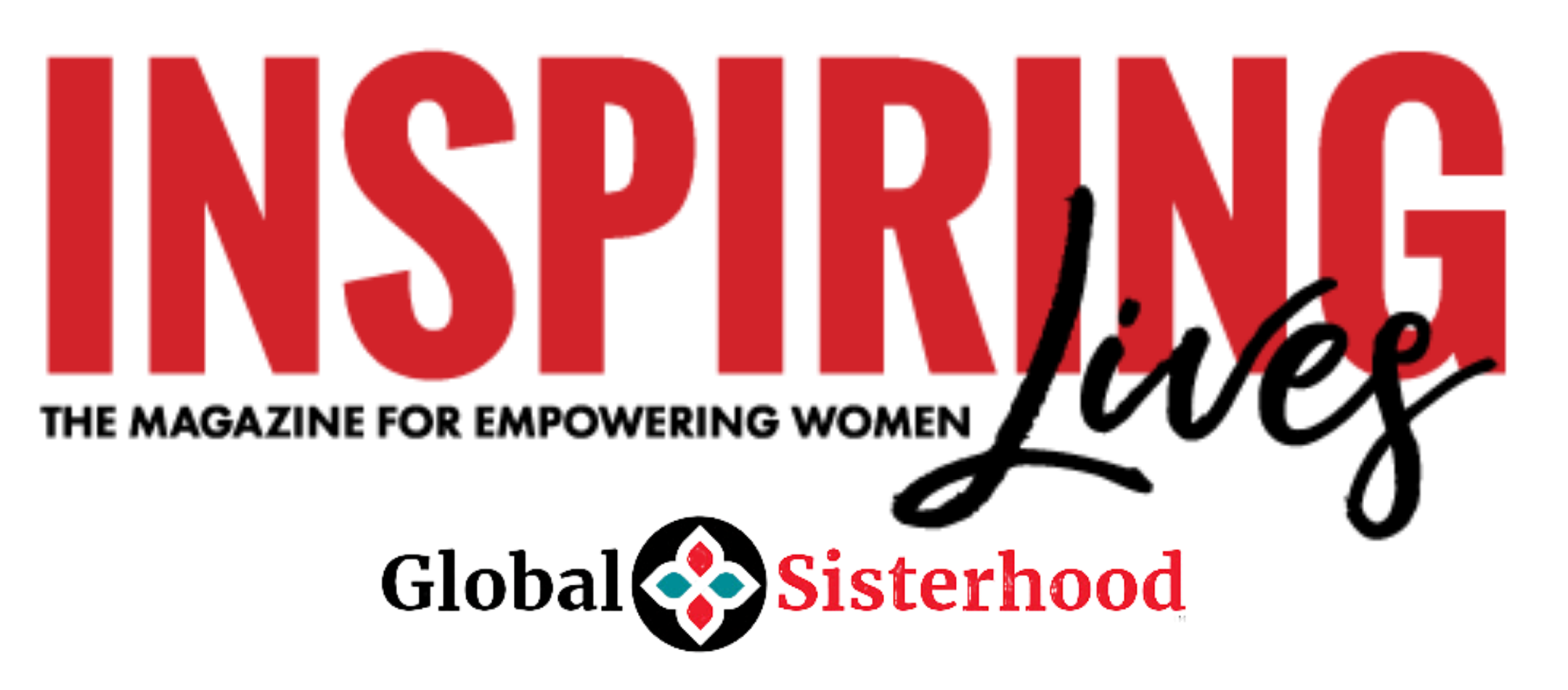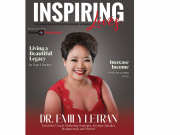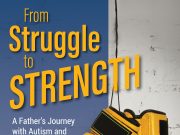Ever since I began coaching professionally, people have asked me about the ethics of coaching loved ones—whether a family member, dear friend, or close business associate. It makes sense that I am asked as I have been coaching for over twenty years, attained the credential of “master certified coach,” and am a recognized authority on, “Gestalt-Based Coaching” as it applies to the field of executive and group coaching. Though the question of coaching family members is sensitive, my experience tells me that coaching can be useful in these situations.
There are guiding principles for coaching those people we love and care about:
- Assume the person you are coaching is resourceful and healthy. Proceed on the premise that the person is capable of finding solutions and is responsible for deciding what they want from the encounter. We ask them to identify their challenge and what they need to meet it. In intimate relationships, we can lose functional objectivity; with the best intentions, we can become oversolicitous or directive (do this, not that). But we must remember that our task is not to fix, inform, or give advice. When we offer too much, we diminish that person’s innate ability to, “figure things out.” By listening, rather than taking charge, we empower our loved ones to trust themselves.
- Trust that the person will find their “answer” by exploring alternate perspectives. All of us get stuck when we insist on seeing a problem through our own singular lens. Inviting the person to explore the situation through role play or to imagine the perspectives of others involved, can be surprisingly liberating. We all benefit from the creativity of imagination and the freedom of “seeing” from another point of view. What can be learned from telling our own story from another’s perspective? Most report that adopting and enacting a different perspective leads to breakthrough moments, which expands their possible responses. I describe this as the most intoxicating travel one can take – from the perspective of another person.
- Invite curiosity and a positive mindset. A popular quote attributed to Henry Ford is: “If you think you can, or think you can’t, you’re right.” Research from the field of positive psychology tells us that our (often unaware) expectations of success or failure affects our responses and actions and, in turn, our outcomes. Inviting the person to become curious and explore their own expectations informing their challenge can lead to surprising insights and new pathways to awareness.
Coaching loved ones requires additional discipline. Certain boundaries must be clear for such coaching to succeed. For example, the coach cannot be emotionally conflicted about the loved one involved. The attention and intention we bring to family members has to be as strong and well-intentioned as for any of our clients. By sharing one’s coaching wisdom with the loved one, we send a message of faith to them – that they have the necessary resources and capabilities to manage and to solve their challenges.





































